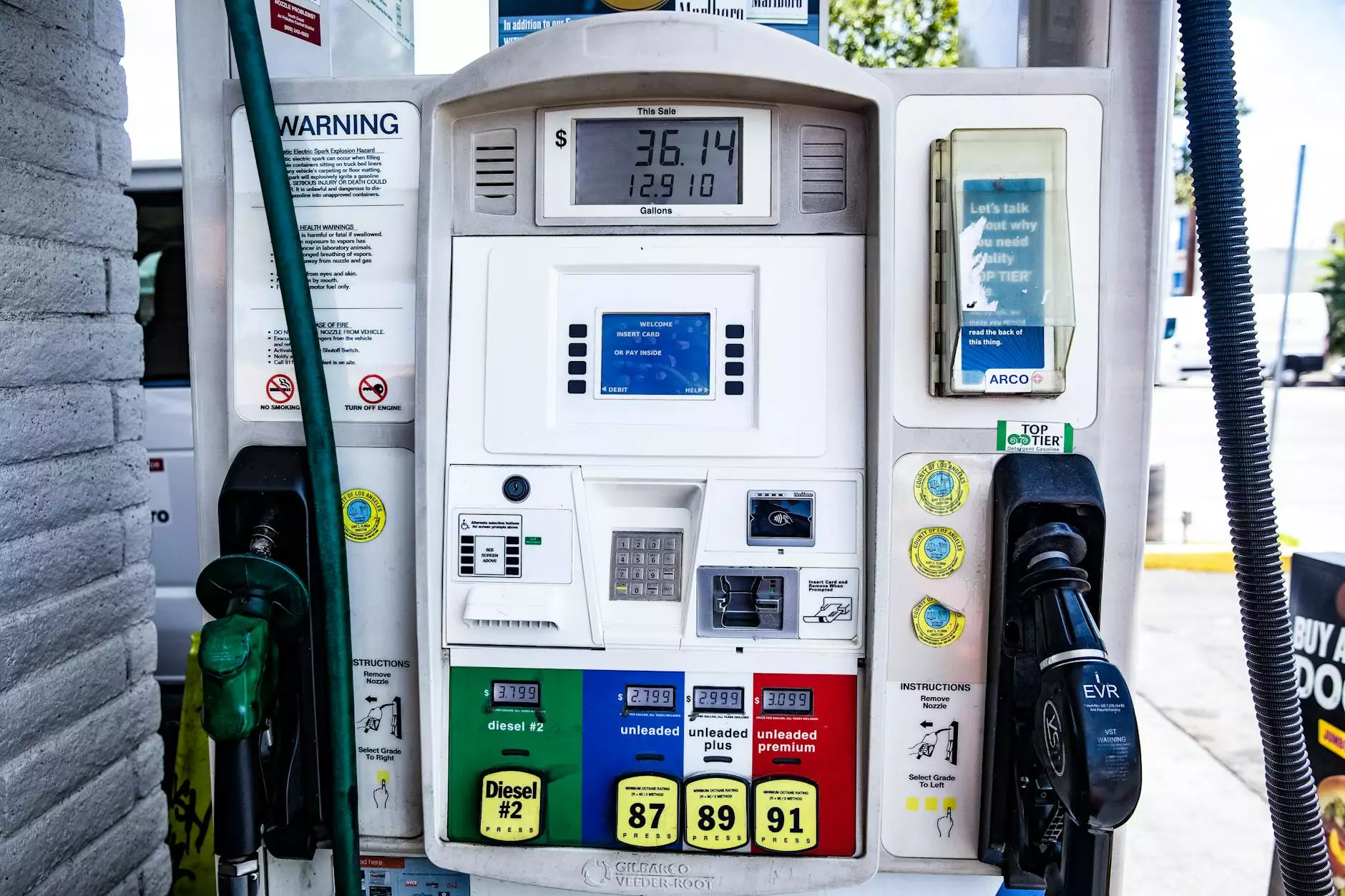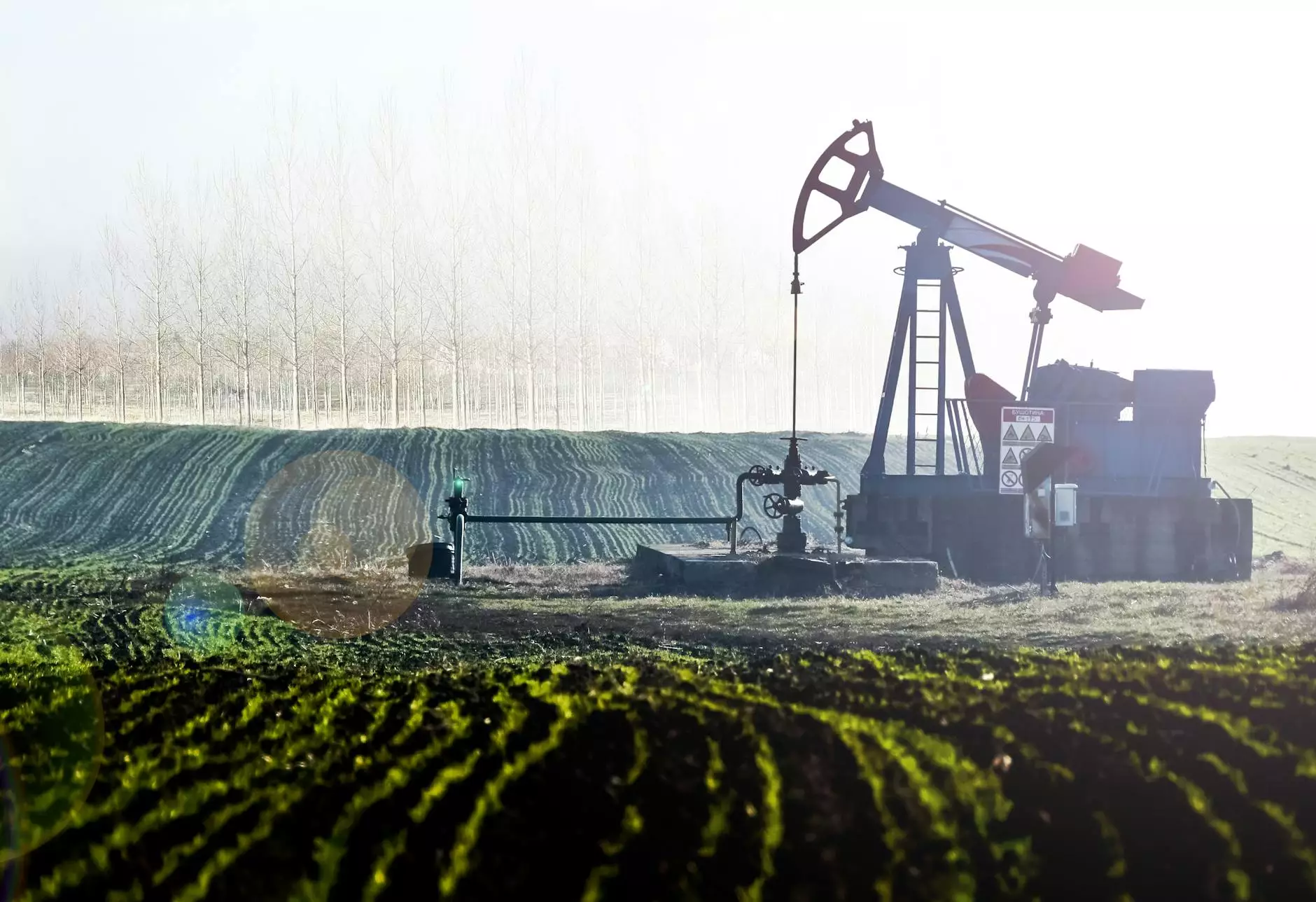The Essential Guide to Water Pump Diesel Engine

The water pump diesel engine is a crucial component in various industries, ensuring the effective transfer of water for irrigation, construction, and fire-fighting among others. Understanding its functionalities, components, and maintenance is vital for those engaged in operations that rely on this powerful machinery. In this article, we will dive deep into the world of water pump diesel engines, exploring their significance, types, maintenance tips, and much more.
What is a Water Pump Diesel Engine?
A water pump diesel engine is a device that converts the energy generated from the combustion of diesel fuel into mechanical energy, which is then utilized to drive a pump. This combination is particularly effective for transferring large volumes of water over significant distances. Diesel engines are often favored in heavy-duty applications due to their durability, efficiency, and higher torque output compared to gasoline engines.
Key Benefits of Water Pump Diesel Engines
- Efficiency: Diesel engines generally offer better fuel efficiency compared to gasoline engines, making them an economical choice for prolonged operations.
- Durability: Built to withstand harsh conditions, water pump diesel engines are designed for longevity, reducing the frequency of replacements.
- Power Output: Diesel engines provide high torque output, essential for lifting and moving large volumes of water.
- Versatility: These engines are suitable for a variety of applications, including agricultural irrigation, sewage management, and emergency firefighting services.
Types of Water Pump Diesel Engines
Water pump diesel engines come in various types, each designed to cater to different pumping needs. Here are the most common types:
1. Centrifugal Water Pumps
Centrifugal pumps utilize a rotating impeller to increase the velocity of water. They are commonly used in applications requiring high flow rates, making them ideal for irrigation and drainage systems.
2. Submersible Water Pumps
These pumps are designed to operate underwater. The entire assembly, including the motor, is submerged in water, making them suitable for wells and deep water sources.
3. Diaphragm Pumps
Diaphragm pumps utilize a flexible diaphragm to pump fluids. They are advantageous for pumping viscous solutions or those containing solids, making them suitable for various industrial applications.
Critical Components of a Water Pump Diesel Engine
Understanding the components of a water pump diesel engine is crucial for optimal performance and longevity. Some of the essential components include:
- Engine Block: The core structure housing the engine components.
- Pump Impeller: Converts mechanical energy into fluid movement.
- Fuel System: Includes the fuel tank, filters, and injectors necessary for efficient combustion.
- Cooling System: Maintains optimal operating temperatures to prevent overheating.
- Exhaust System: Directs harmful gases away from the engine.
Applications of Water Pump Diesel Engines
The applications of water pump diesel engines span across multiple sectors. Here are some prevalent uses:
Agriculture
In agriculture, these engines are predominantly used for irrigation purposes. They provide an efficient solution for transporting water to crops, especially in regions with limited water sources.
Construction
Construction sites often require large amounts of water for various tasks, making diesel-powered water pumps essential for managing water levels, mixing concrete, and general site sanitation.
Firefighting
Water pump diesel engines play a crucial role in firefighting operations. Their ability to deliver high volumes of water quickly makes them indispensable in combating wildfires and building fires.
Maintenance of Water Pump Diesel Engines
Regular maintenance is essential to ensure the longevity and efficiency of your water pump diesel engine. Here are some critical maintenance tips:
1. Regular Oil Changes
Keeping the engine lubricated is crucial. Regularly changing the oil prevents engine wear and maintains performance.
2. Check Fuel Quality
Using clean, high-quality diesel fuel is vital. Contaminated fuel can lead to engine failure and reduced efficiency.
3. Inspect Cooling Systems
Regularly check the coolant levels and inspect the radiator for any blockages or leaks to prevent overheating.
4. Monitor Pump Wear
Inspect the pump impeller and other components for signs of wear or damage. Timely replacements can prevent larger issues down the line.
5. Clean Air Filters
Ensure that the air filters are clean to maintain optimal air intake. Dirty filters can lead to engine inefficiency and performance issues.
How to Choose the Right Water Pump Diesel Engine
Selecting the proper water pump diesel engine for your needs involves considering several factors:
- Flow Rate: Assess the required flow rate for your application to ensure you select a pump capable of handling the necessary volume.
- Head Pressure: Determine the maximum lift or head pressure required for effective water delivery.
- Type of Water: Consider whether you will be pumping clean water, dirty water, or sludge, as this will impact the type of pump you need.
- Fuel Availability: Ensure your operations have reliable access to diesel fuel to keep the engine running smoothly.
- Budget: Evaluate your budget for purchasing and maintaining the equipment, considering long-term operational costs.
Conclusion
The water pump diesel engine is an indispensable tool across multiple industries, providing reliable and efficient water management solutions. By understanding their components, applications, and maintenance practices, businesses can enhance productivity and ensure their operations run smoothly. Whether in agriculture, construction, or emergency services, investing in a quality water pump diesel engine from trusted suppliers like client-diesel.com can provide significant advantages, ensuring you are well-equipped to handle various water-related challenges.
As the demand for effective water management continues to grow, the role of water pump diesel engines in facilitating this need will only become more critical. The advancements in technology coupled with efficient maintenance practices will ensure that these engines perform at their best, meeting the ever-evolving requirements of various industries.









